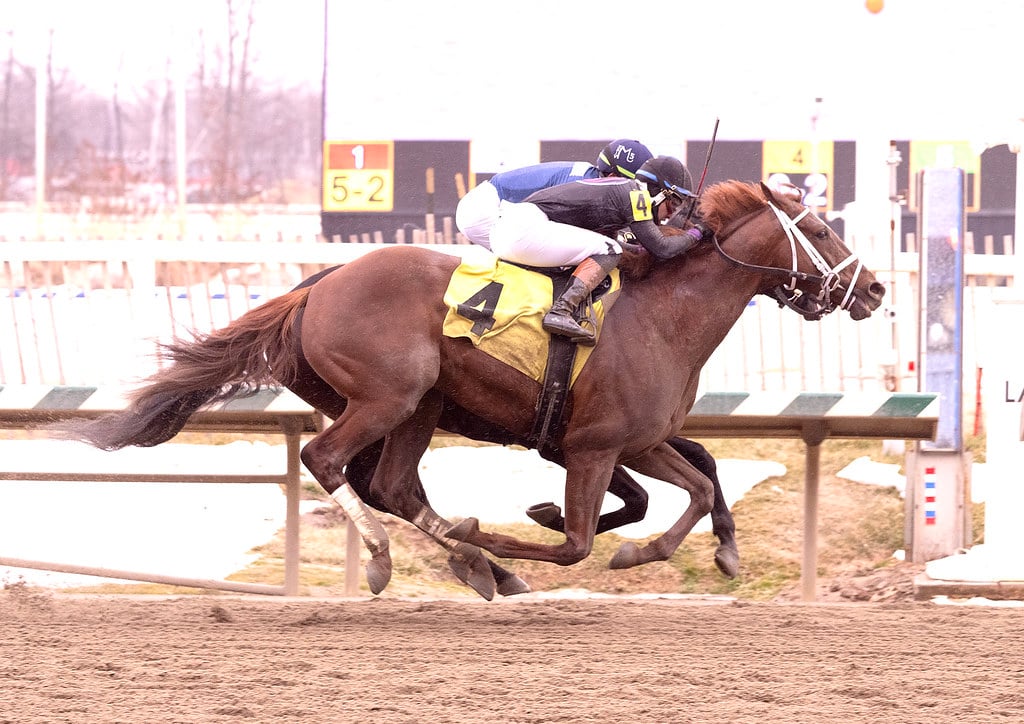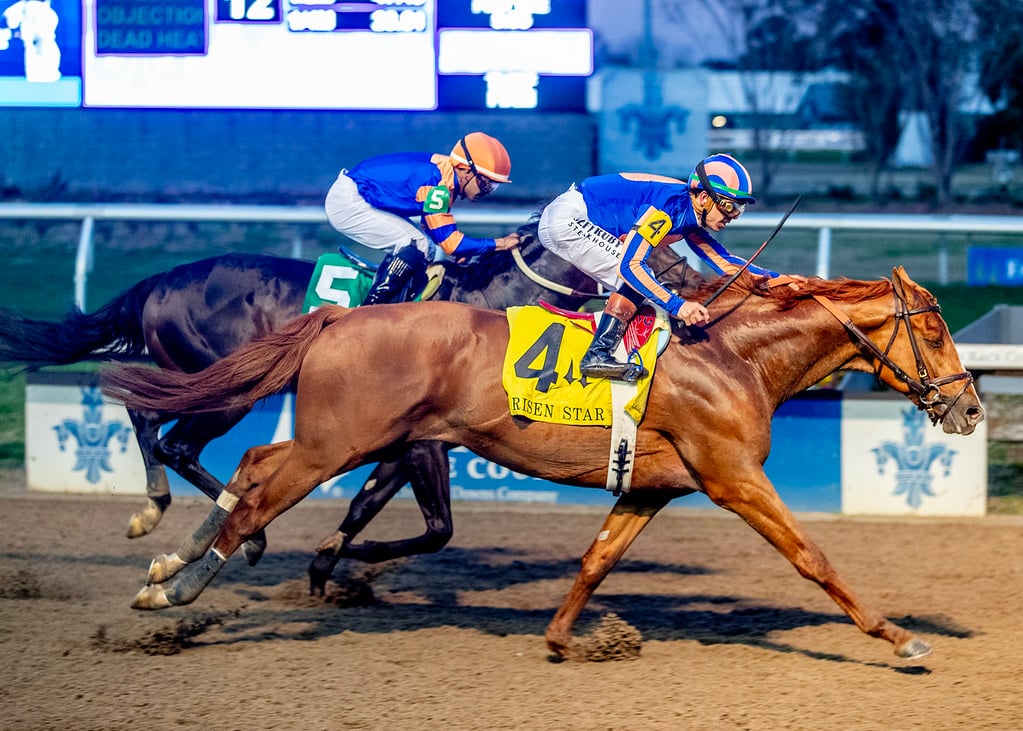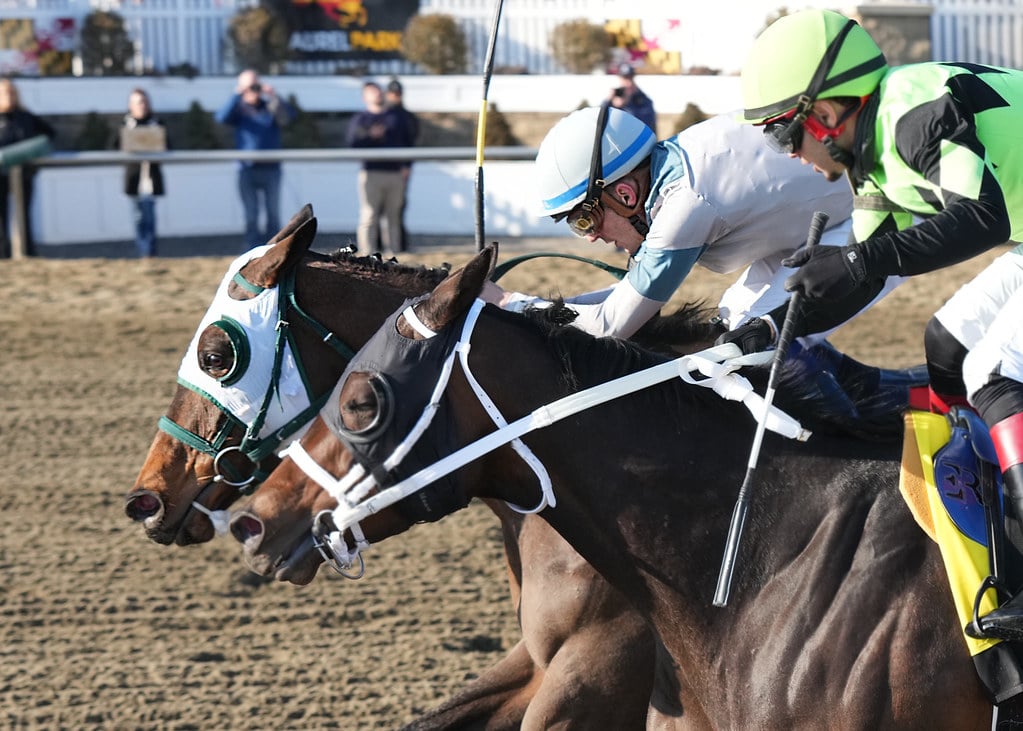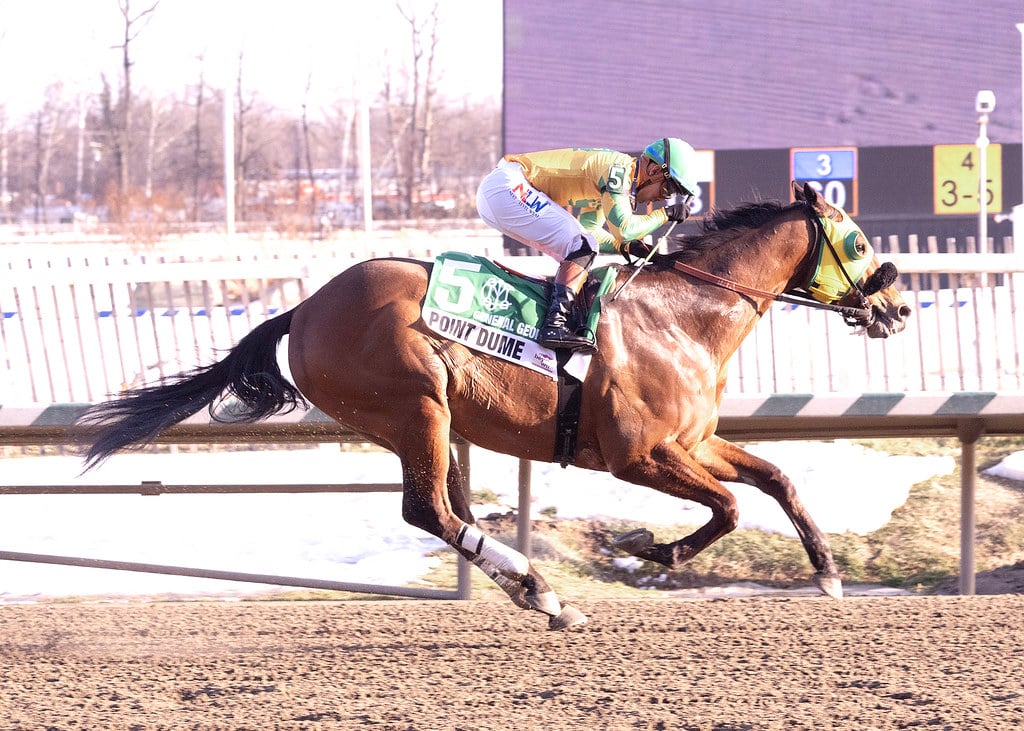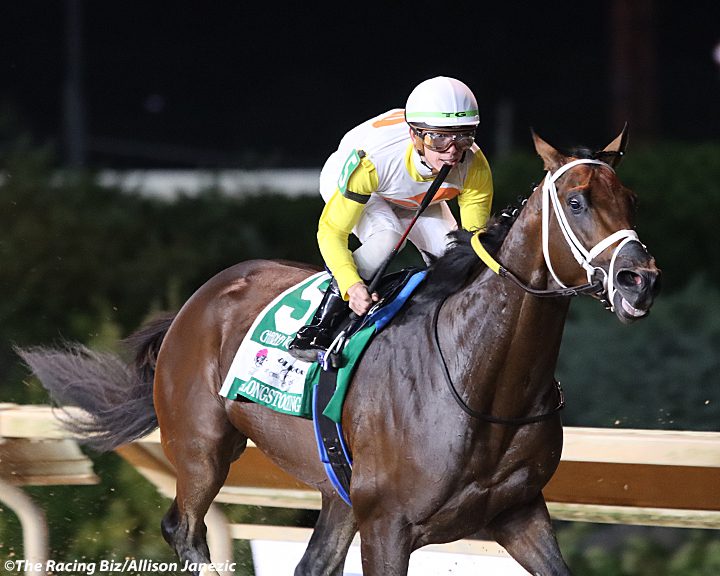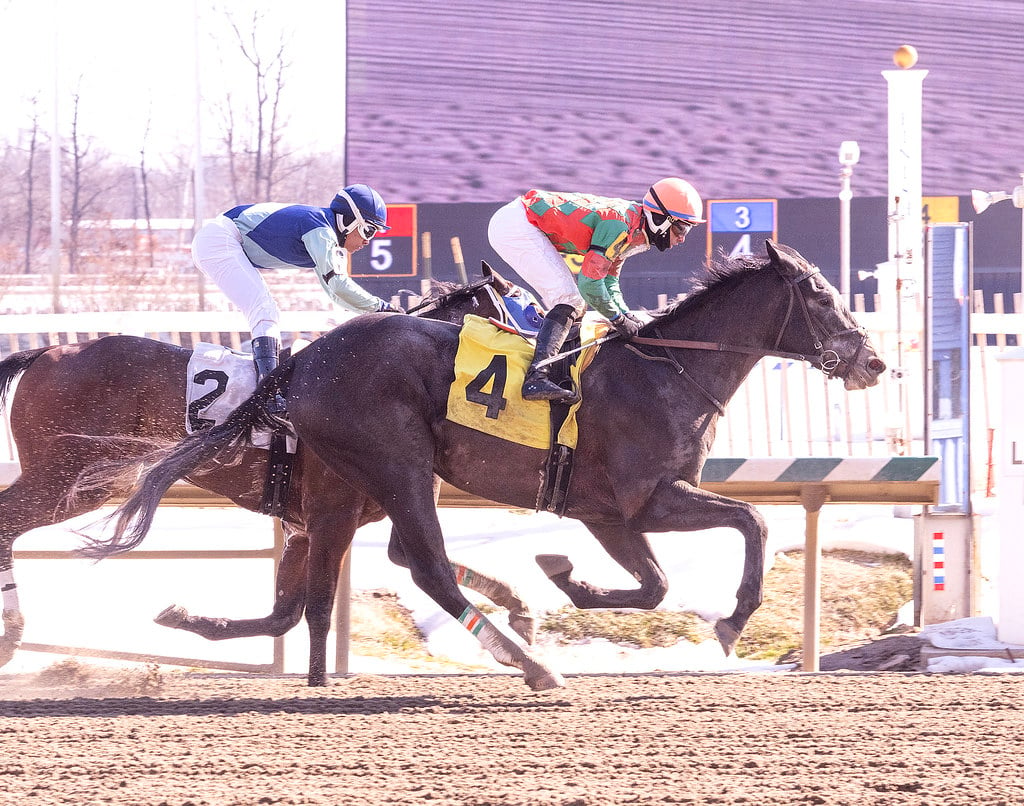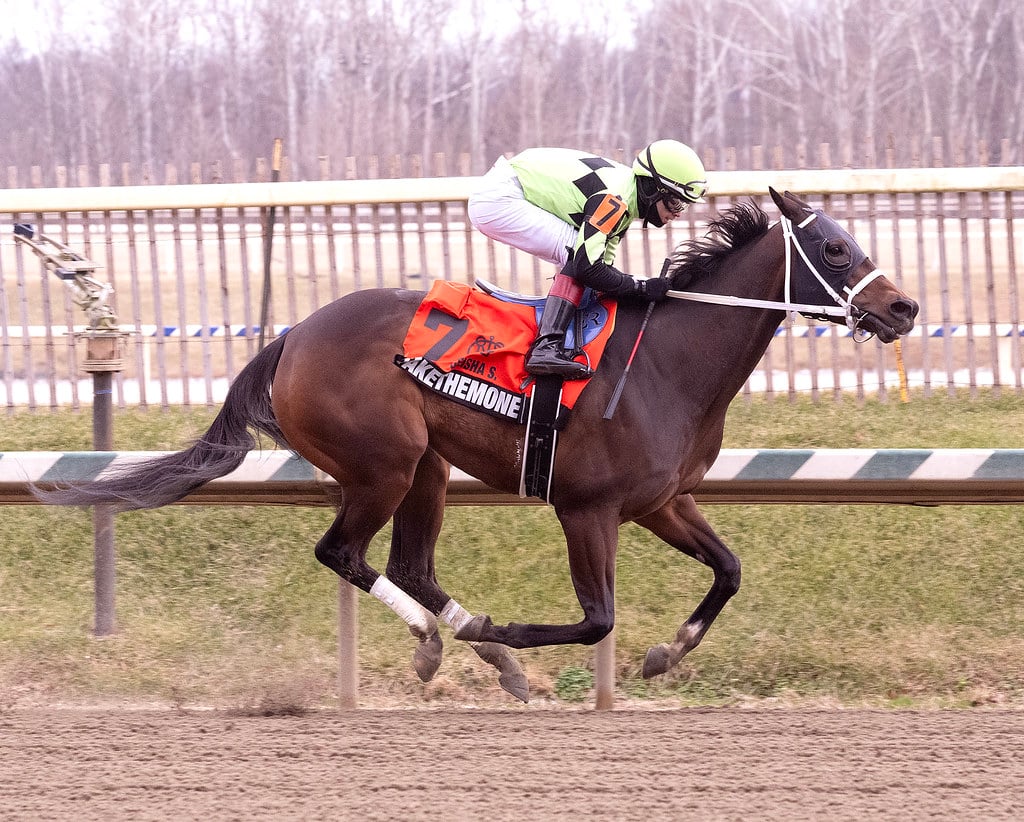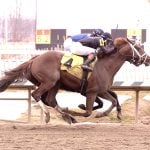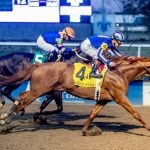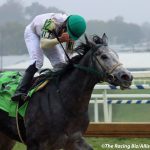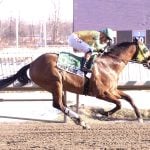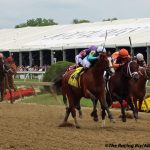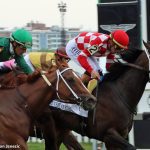Preakness: Pay Billy could pay off in a big way
Thirty-five years ago, young trainer Michael Gorham was a refugee from the crumbling New England racing scene. With Suffolk Downs closed – not yet for the last time – he found himself stabled at Pimlico, where he plied his trade out of Barn D.
Fast-forward to today, and Gorham’s right back in Barn D. This time, though, he’s not trying to outrun the demise of a racing circuit; he’s saddling a couple of three-year-olds hoping to outrun some of the best sophomores in the country in Friday’s Grade 2 Black-Eyed Susan and Saturday’s Grade 1 Preakness.
“They said they’d put me in Barn D,” Gorham recalled. “I said, ‘Yeah, I know Barn D. I was in that barn before.’ But when I got here, she had put me in the exact same stalls I was in in 1990. In January of 1990, I brought eight horses here, and I was in the exact same stalls.”
Good sign? Bad omen? Who knows?
Gorham began his training career in 1985 in New England, earning the first four of his now-more than 1,400 victories. Those came at Rockingham and Suffolk, both tracks that no longer exist; in fact, it wasn’t until 1990, when he won a February race at Laurel, that the Canton, MA native won a race at a track that still exists.
Saturday, for the first time, he’ll saddle a starter in a Triple Crown race when Pay Billy tackles the Preakness.
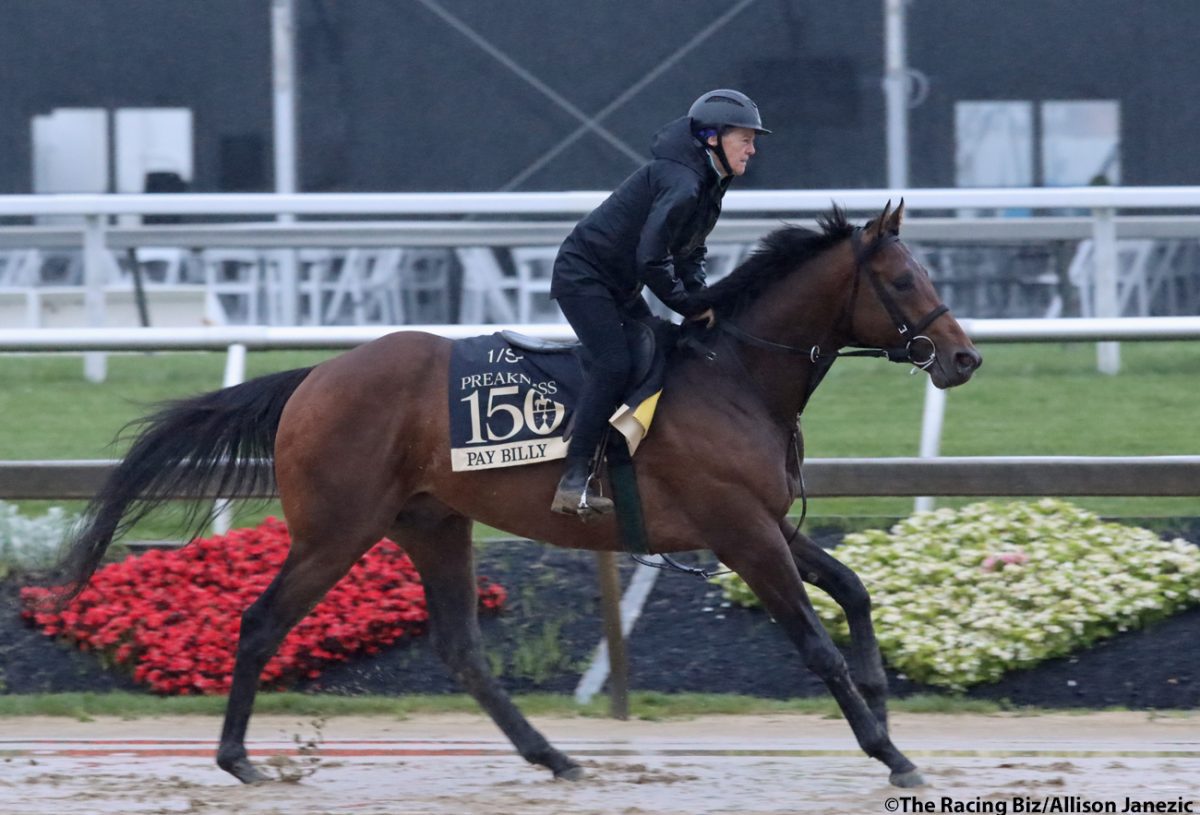
“It’s great. In sports we always want to get to the top,” the trainer said. “And the Triple Crown is the top. People, everyday people watch those races. You know, you might have Grade 1s all over the country. They might win, but the general public might not notice that, right?”
But a win in the Preakness? Folks’ll notice that.
He’s arriving with a horse, Pay Billy, who’s feeling awfully good about himself. The Improbable colt has won four of five dating back to December and earned stakes wins in Laurel’s Private Terms and Federico Tesio Stakes.
In the Tesio, he repelled a stern bid from Just a Fair Shake and inched away to win by 1 ½ lengths. The Tesio was flattered when fifth-place finisher Kentucky Outlaw returned to win the Long Branch at Monmouth Park; meanwhile, Just a Fair Shake is in Saturday’s Sir Barton on the Preakness undercard.
“He always, from day one, showed that he had talent,” Gorham said of Pay Billy, who lost his first three starts. “But he just didn’t know what it was all about.”
Nate Nelson, managing partner of owners RKTN Racing, agreed.
“I just didn’t see that he really understood [his job],” Nelson said. “That’s why I really say, when the light came on, it was really evident.”
Still, he is 20-1 on the morning line. The speed figs say he’s not good enough.
“He’s improving every race. His numbers improve every race,” Gorham said. “He’s gonna have to step up. You know, he’s running against the best. If he makes that next step, I think he’s competitive.”
Nelson thinks so, too.
“He’s got such a high cruising speed, and then he’s got another gear,” Nelson said of their charge. “He will only use that gear as much as he needs to. I just hope he brings the right calculator with him.”
Perhaps most remarkable: Pay Billy’s presence in the Preakness is the result of a plan coming together. Seriously. A plan. In horse racing.
Nelson, a Minnesota attorney, along with brothers Bob and Tony Nitti, Keith Hurley, and Mike Mikan, pooled their resources and went hunting something pretty specific: a colt who could go long on the dirt and perhaps run in Triple Crown races.
“Like a million other people,” Gorham laughed.
This colt cost $60,000, well under the group’s budget. Yet he came with plenty of pedigree. Improbable ran in both the Kentucky Derby and Preakness and ultimately won four Grade 1 races in his career. Dam Harlington’s Rose was a Grade 3 winner, and Pay Billy’s half-brother by Into Mischief, Espionage, was a minor stakes winner.
His development came a touch too late for him to be a plausible Derby candidate, but Gorham advised the group to choose the easier – and less stressful – path. Winning the sophomore stakes at Laurel entails less difficult competition, and the Tesio provides fees-paid entry to the Middle Jewel. That makes it an almost ideal spot for certain horses: if your horse isn’t good enough to win the Tesio, the Preakness is likely a pipe dream. And if he is…
After that rough start – three straight losses to start is career, two of them eminently forgettable – Pay Billy has been paying his owners back handsomely. He’s racked up over $230,000 in earnings.
Pay Billy’s name, of course, is one of the more memorable elements of his tale. Turns out that when Keith Hurley’s late father Bill won a poker hand, he had a specific celebration.
“Whenever Bill would win at the poker table, he would wrap his arms around all the poker chips and say, ‘Pay Billy!’” Nelson said with a laugh. “It went from, I think, annoying to endearing.”
Nelson began his racing journey gambling on the ponies. Then he and his friends decided to up their gambling game by buying a few. Saturday their first horse will run in a Grade 1 race with a $2 million purse.
“It’s crazy, but we’re bringing 31 people from Minnesota,” Nelson said. “We’re renting out a restaurant Friday night for a team dinner. And then Saturday we’re all going over in a big party bus. And we sure hope that we burn this town down afterwards.”
LATEST NEWS


